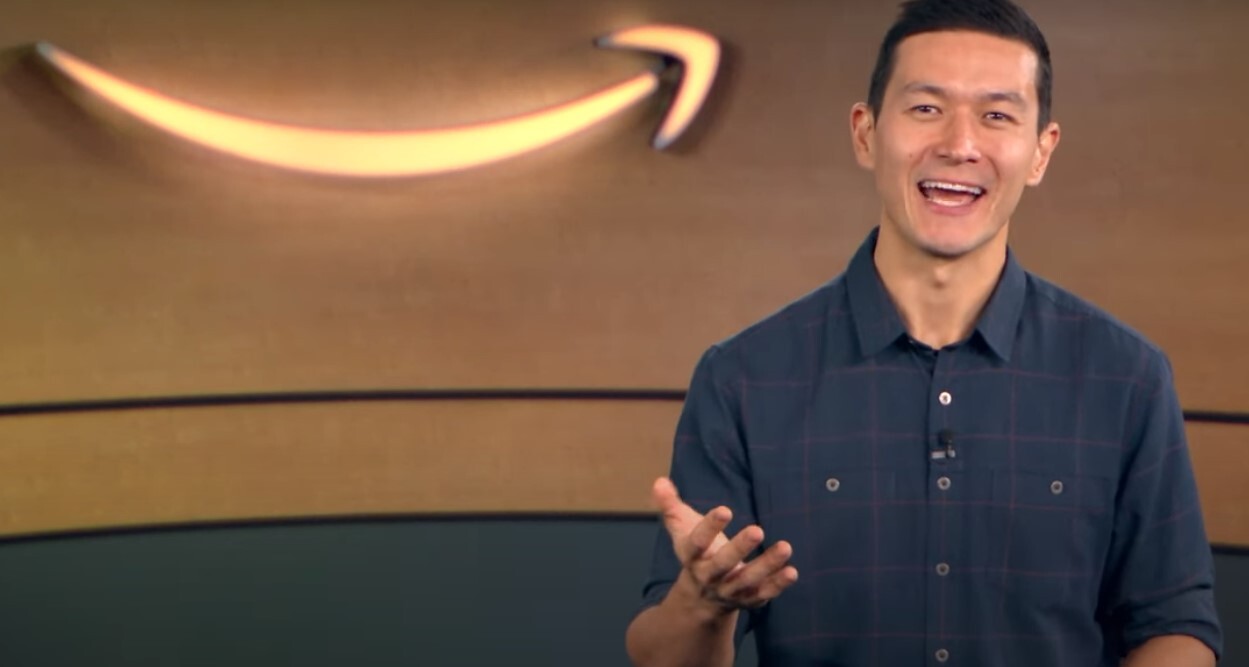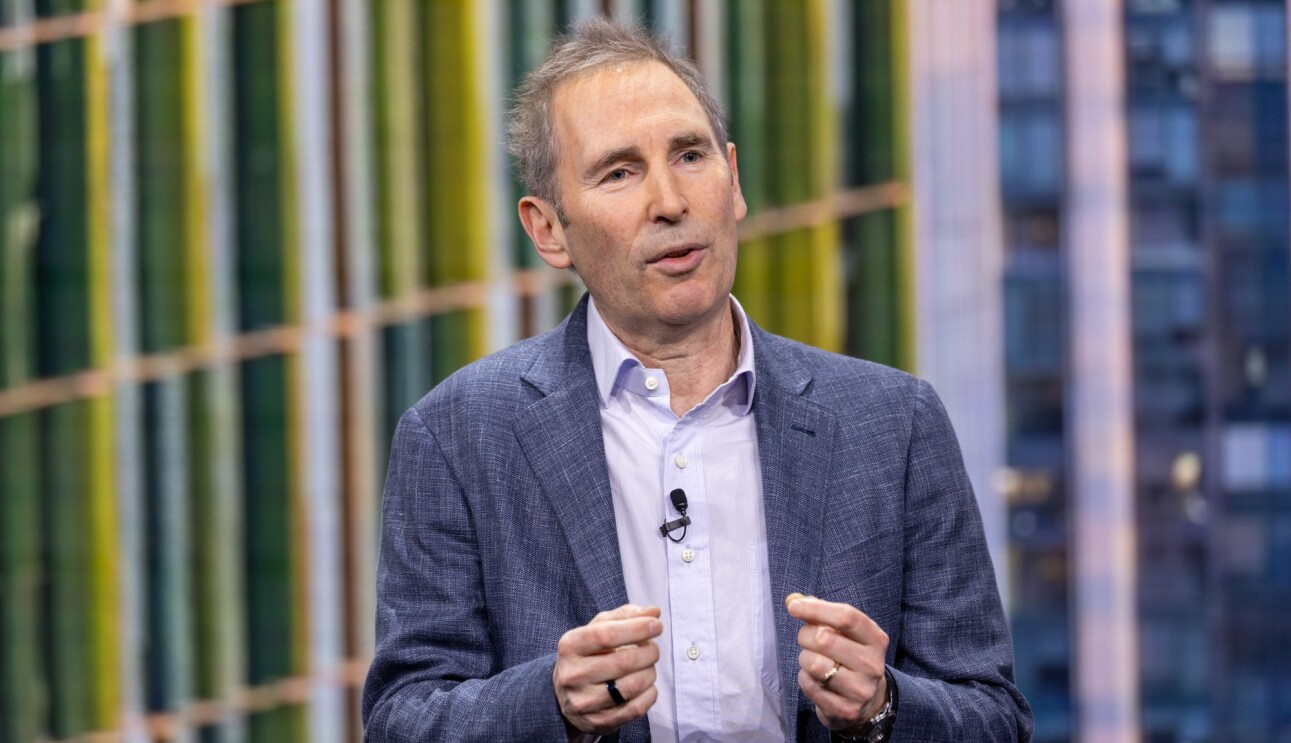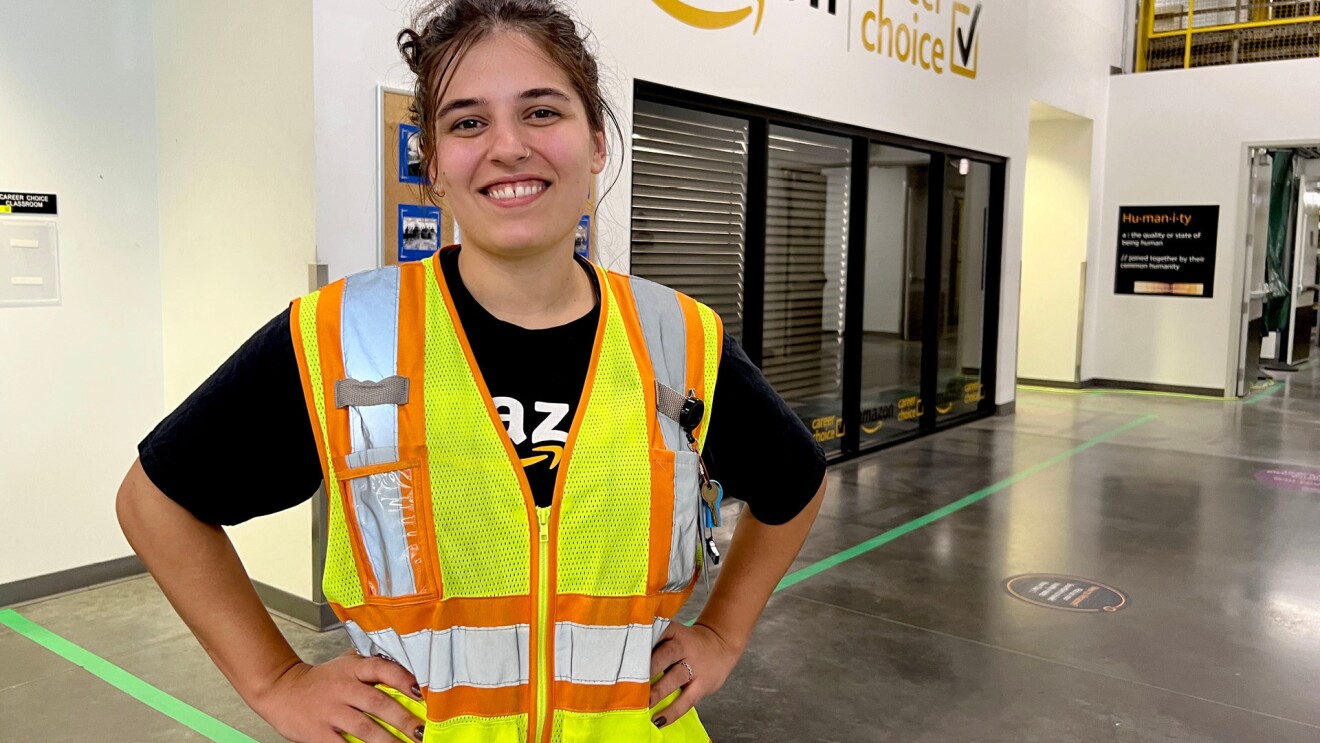Page overview
They provide a well-written resume
One of the most unique parts of our culture is our emphasis on writing; articulating your thoughts in written format is a necessary skill. We put a strong emphasis on employees being able to express their ideas on paper to share their vision, build consensus amongst their team, and ultimately decide how to best move forward. While we don’t expect a candidate to write like an Amazonian, we do expect them to be able to provide a well-structured resume that clearly articulates their most attractive and relevant skills and experience. At Amazon, we are looking for resumes that are well-organized, use straightforward language, highlight measurable data, and are streamlined for maximum readability. Before hitting submit, remember your resume should highlight professional experiences that center on scope, complexity, recency, and relevancy.
Amazon is focused on hiring well, rather than hiring quickly. Teams identify candidates who can best deliver on behalf of customers, personify our Leadership Principles, and are the best long-term fit at Amazon. Due to global complexity, wide-range of teams, and nuances in each of our roles, our application and interview process can differ from role to role, so there is no one-size fits all approach to our interview process. Those applying to corporate positions can expect the standard process of a online application, work style assessment and/or work sample simulation, phone screen, and then a final interview, commonly called "Loop" in which you’ll meet with several different team members.
Our Leadership Principles are a guiding set of tenets which Amazon employees use every day to move forward in situations, solve problems, deal with conflict, and make decisions. There are 16 in total, and they are the framework of how we evaluate potential candidates for jobs here at Amazon. All Leadership Principles are considered equal. However, depending on the role, a candidate may be asked about several principles specific to that job. You can generally tell from the job description. In practice, interviewers expect to hear examples from candidates’ experience in their answers, and these should demonstrate different Leadership Principles. Take some time ahead of your interview to tie your stories back to our Leadership Principles, and maybe even identify a few principles that resonate with you most.
At Amazon, we seek diverse perspectives and encourage everyone to continuously learn and be curious. The likelihood that you and your interviewer will have the same background and professional experiences are minimal, and it is important that you take the time to ask for clarification when you need it in an effort to avoid any confusion, misunderstanding, or ambiguity. We encourage you to seek the information you need so you’re able to provide a thoughtful response in your interview.
“Dive Deep” is one of our 16 Leadership Principles and it emphasizes the importance of someone staying connected to the details, questioning information and inconsistencies, and being able to continuously reassess to drive innovation. We’ve said it before, but Amazon is a culture of builders. We don’t just want a candidate to have the tangible skills to build something, we need to know you have the cognitive skills to dig into a problem, determine why it’s occurring, how it impacts the customer, the pros and cons of different solves to the issue, knowing how to repeat and scale the solution, and associated impacts of those recommendations. During your interview, make sure you are demonstrating your critical thinking and communicating your thought process in a way that your interviewer can follow.
Interviewing is a two-way door and the process should allow you to evaluate if Amazon is a great fit for you. We encourage candidates to make the most of the opportunity, by thoroughly researching not only the role they are applying for but the team that it sits within. Oftentimes, the knowledge and insight gained will give you a deeper understanding into what we’re looking for in a candidate and what the team priorities will be. For example, if you’re applying to a role that supports Project Kuiper then you’d have a high-level understanding of project priorities and supporting technologies that make up the infrastructure. You’d be able to take that insight then come to your interview showcasing past professional examples that are relevant to work and highlighting how you’d be able to make an impact to the project.
We strive to make interviewing at Amazon as frustration-free as our shopping experience. Because of this, we have several guides available on amazon.jobs to help candidates understand the application process, prepare for phone and remote interviews, and learn about Amazon’s culture. Here are a few highlights:
- Answers to frequently asked questions: We want to make sure candidates feel prepared, which is why we’ve compiled a list of of answers to frequently asked questions when applying to roles at Amazon. These topics include: how to submit a resume or check the status of a submitted application, whether or not we accept cover letters, and more.
- Dive into interview preparation: We know when preparing for an interview, sometimes you’re inundated with resources. In an effort to minimize the various links, we’ve created a guide that includes everything you need to navigate the Amazon interview process.
- Understand how to use the STAR format during your interview: Prepare for Amazon’s STAR interview format, learn best practices, and practice with real-life examples.
- Review role specific resources: No role is created the same, and we’ve created resources for technical and non-technical roles that you can leverage throughout your preparation.
Amazon is a data-driven company. When you answer interview questions, ensure your answer is well-structured and provide examples using metrics or data if applicable. Candidates that do well tend to share the appropriate amount of measurable detail and dive into the quantitative impact of their solution. Use data as a way to tell the story about your professional contributions, the scale of the projects you have worked on, and the impact that you have been able to drive.














